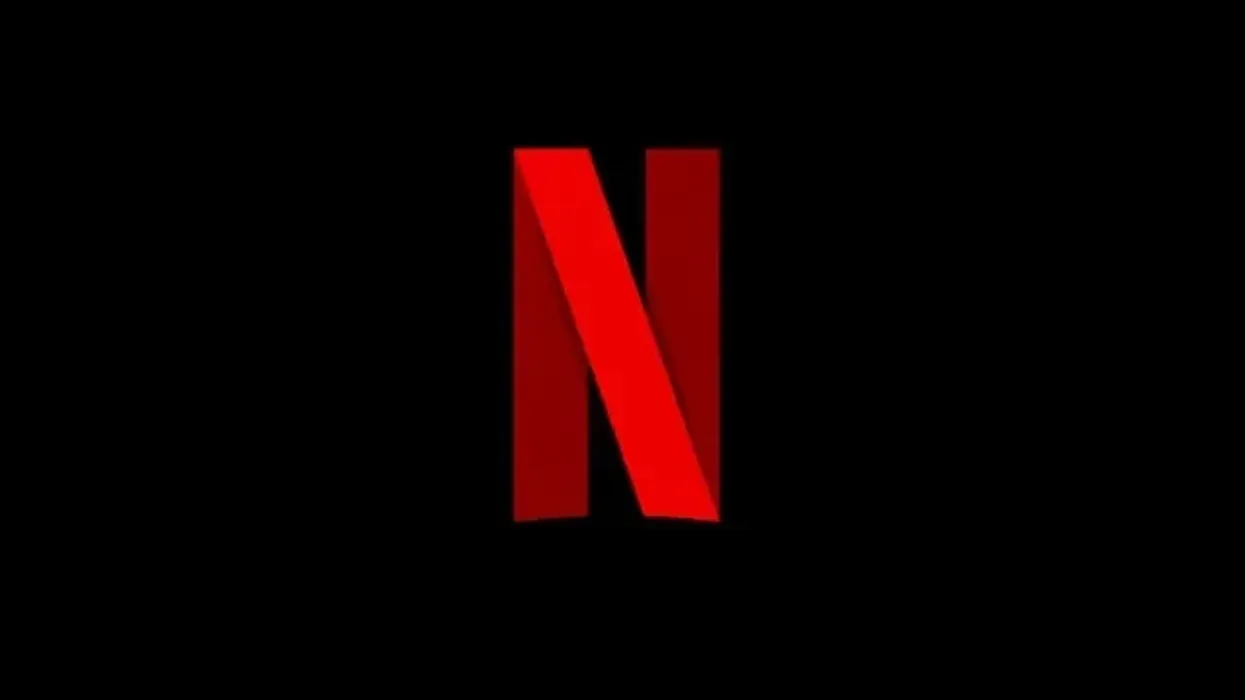Netflix Pays German Creators Residuals, But Not The USA–Why?
We need to bring parity and transparency to the forefront.

If you're out on the lines during the summer of labor in 2023, one of the things that comes up over and over again is streaming residuals. Everyone is talking about it. The ask is pretty simple: if you create something for a streamer and it's a hit, actors and writers want to be paid.
Netflix, among other streamers, keeps saying they cannot do that. But apparently, this is already happening in Germany and possibly other places in the EU. And it's been happening since 2020.
In March 2020, Variety reported that "Netflix has agreed to pay creatives in Germany additional royalties based on the success of its local series productions. The performance-based royalties will be paid to talent working in front and behind the camera on German Netflix series. The payments will be in addition to wages covered by production companies and based on the number of streams made by the series on the platform."
This was all made possible by a little-known rule called the EU’s Directive on Copyright in the Digital Single Market.
The whole goal of the rule was to make copyright modern, especially when dealing with streamers. They wanted to guarantee that filmmakers, writers, composers, musicians, and other creators are compensated and protected for their work.
At the time, Rachel C. Schumacher, Netflix’s senior counsel for international labor relations, said of the deal, “We believe it is a cornerstone of our relationship with artists and of a sustainable and trusting partnership with the German creative scene.”
So, what does this rule mean in terms of residuals?
The agreement outlines a system for providing extra compensation linked to the success of each individual season of a series, along with a portion of Netflix's revenues. These payments are then distributed among all eligible parties.
They determine this payout based on "completers," which refers to households that have viewed 90% of a season's content. The benchmark to be paid is 10 million global completers. If this milestone is achieved multiple times, the payment is made for each instance of crossing ten million.
Of course, Netflix has this set during a designated time frame - not an all-time streaming payout.
Now, I poked around a bit and could only find hints of similar agreements across Europe. And I'm not a lawyer or in contract law. And I'm not the guy from All the Presidents Men, so I'm not the best person at digging, either.
But here's something I did find. All Your Screens reported that "Netflix's Ted Sarandos seems to be concerned with agreeing to terms that will used to set a precedent for other territories where Netflix has heavily invested in local production. The immediate concern would be the UK, where unions there are already making some noise about next year's negotiations. And there are similar future concerns in South Korea, India and other APAC markets."
The thing is, it's been proven these companies can afford to do this, and that they have done it in the past. So, either laws need to change to see them do it across the world, or unions need to form and hold out until they get what they deserve.
Preferably both!
Let me know what you think in the comments.
Source: Variety
- Netflix Made $900 Million on ‘Squid Game’ but the Creator Received $0 in Residuals ›
- How Is Netflix Taking Advantage of South Korean Workers? ›
- Streaming Services and Residuals—How Do They Work? ›













